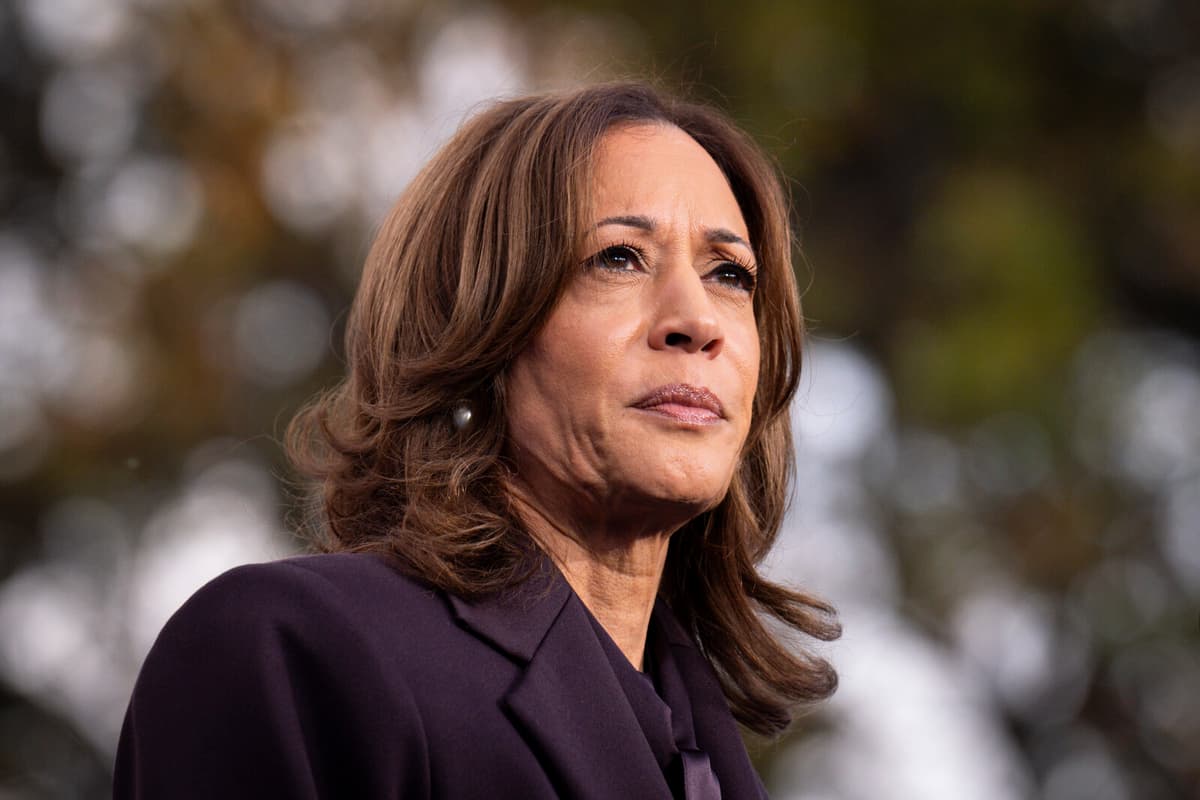"First, it was the white working class, now it's Latin Americans and black workers too. While the democratic leadership defends the status quo, the American people are angry and want change. And they're right."
So says the verdict from democratic former presidential candidate Bernie Sanders after Kamala Harris' election loss.
Latin Americans or Spanish speakers make up around 20 percent of the US population. When Barack Obama was re-elected in 2012, 71 percent of the group voted for him.
Clear trend
But in Tuesday's election, Kamala Harris only got around 53 percent of their votes compared to Trump's 45 percent. This is an increase of 13 percentage points for the Republicans since 2020, according to NBC's exit polls.
The proportion of Latin Americans voting for Democrats has decreased year after year. This despite statements from Trump's camp that Puerto Rico is a "floating island of trash" and an unfounded claim that Haitians eat dogs and cats.
It doesn't matter since many people of Latin American origin are also very critical of immigration and see problems at the southern border, says Henrik Ekengren Oscarsson, researcher in political science at the University of Gothenburg.
He points out that Kamala Harris didn't own the issues that were high on the agenda for Americans, such as the economy and immigration.
In the swing state of Michigan, Trump appears to have succeeded in increasing his support among the over 200,000 Arab Americans living there, which may have contributed to his winning the state by over 80,000 votes. According to unofficial figures from the city of Dearborn, where half of the population has an Arab background, Trump got 42 percent of the votes and Harris 36 percent, reports The New York Times. In the 2020 presidential election, Biden got 70 percent of the votes in the city.
"It's not enough"
Even among voters of Asian origin, a decline was seen for Harris. However, she did relatively well among blacks and got 86 percent of that group's votes, according to exit polls.
Democrats also won the voter group of white, educated women. But despite the focus on the abortion issue, Harris still didn't manage to get out more women than four years ago. 54 percent of women voted for Harris, according to the polls, but that's lower than the 57 percent who voted for Biden in 2020.
It seems that value issues about democracy and abortion didn't have much of a chance against the bigger issues of economy and migration, says Ekengren Oscarsson.






